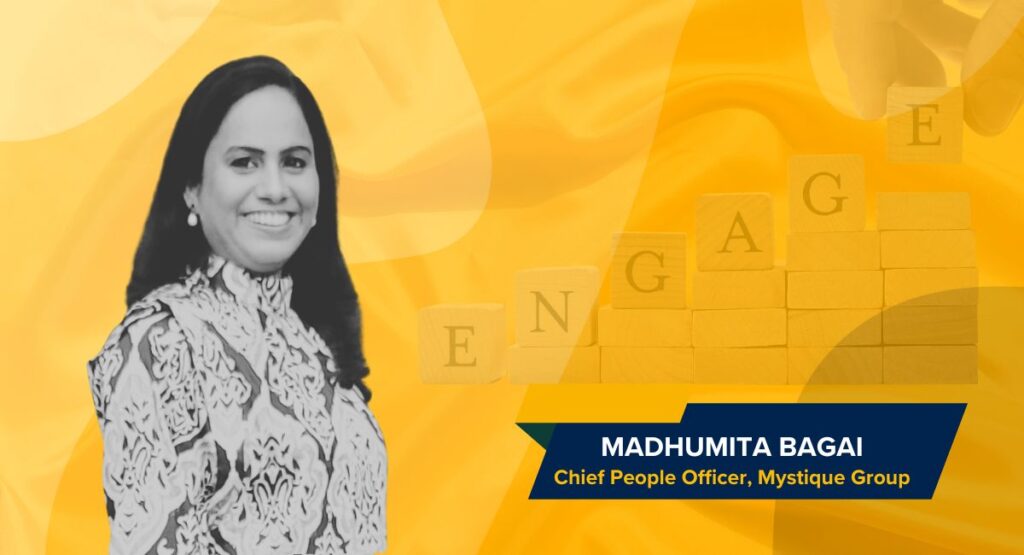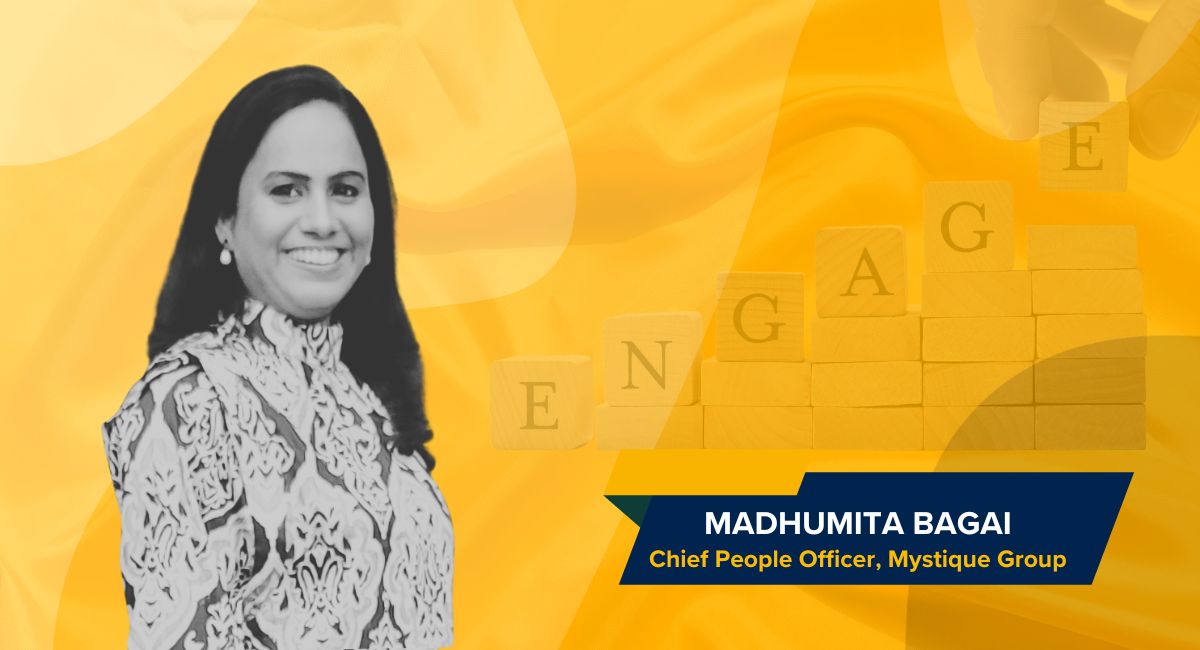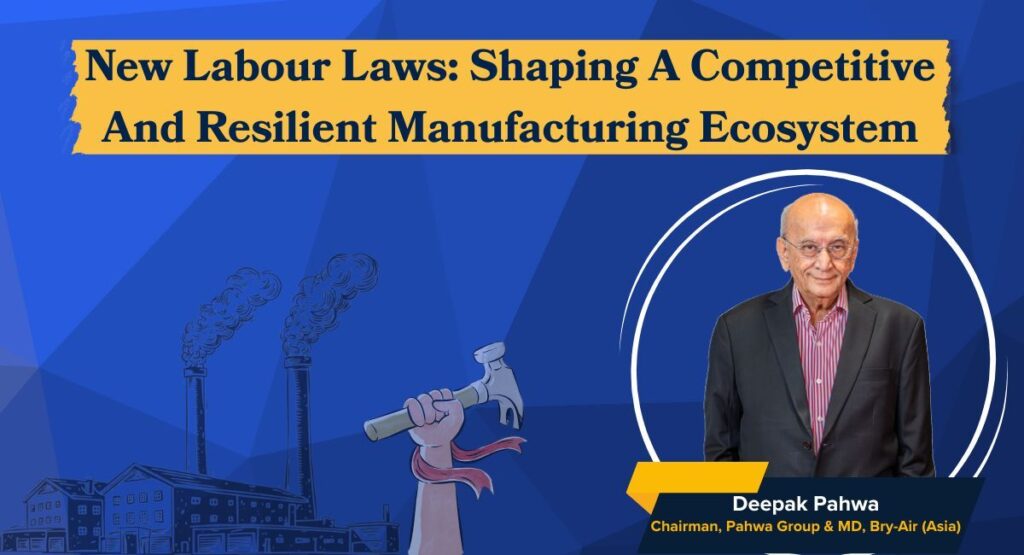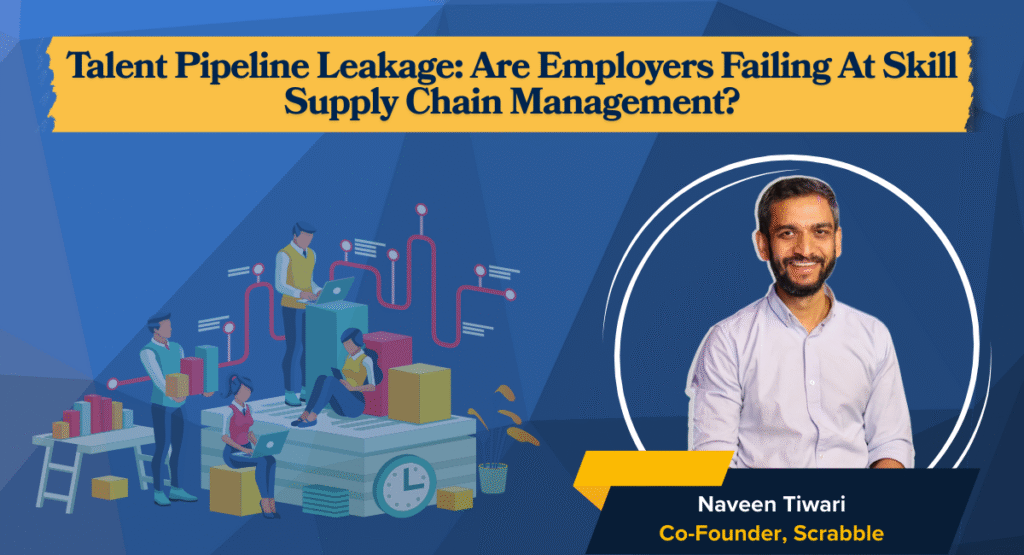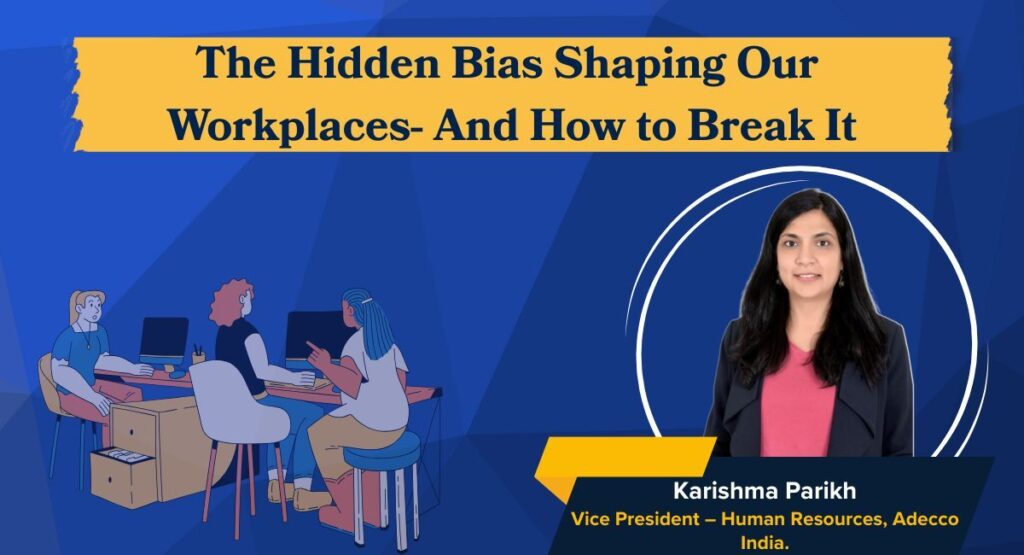In the past few years, the expectations of employees from their employers have shifted drastically. From being simply content with their salaries and/or promotions, the members of the current workforce want their employers to step up their game when it comes to employee engagement.
Madhumita Bagai, the Chief People Officer of Mystique Group, shared her insights into how HR professionals can keep in step with the evolving employee expectations. Recognised as one of the Top 50 CHROs in Delhi NCR by HR SUCCESS TALK, she has worked in the HR field for over 18 years.
Having observed evolving employee expectations first-hand, Madhumita has created many effective employee engagement strategies while keeping business goals in mind. Apart from the Mystique Group, Madhumita has also worked for companies like SSIPL Retail, Nirula’s, and NIS Sparta in the past.
In her conversation with ThePeoplesBoard Team, Madhumita discusses the essence of employee engagement, the changes that have occurred in the last few years, and the role that HR needs to play to keep morale up.
TPB Team: In your view, what is the most common myth about employee engagement?
Madhumita Bagai (MB): The most common myth about employee engagement is that it’s all about winning gifts, perk, rewards, or having Fundoo Fridays. Many believe that getting or benefits like free snacks- chai times, tambolas, or occasional bonuses is enough to keep employees engaged.
Engagement is far more complex and has bigger meanings and impact it surrounds around meaningful work, autonomy, recognition, growth opportunities, and a sense of purpose aligned with organizational goals.
These rewards can give temporary happiness or satisfaction, but true engagement comes from fostering trust, clear communication, and a supportive culture where employees feel valued and empowered
Multiple studies by various big names in this field consistently show that engagement is driven by factors such as having a superior who cares about employee development, opportunities to use strengths, and a culture which appreciates people, understands them and foster an environment of wellbeing overall.
TPB Team: With over 18 years of experience in the HR industry, how would you describe the evolution of employee expectations over the past five years?
MB: Employee expectations have evolved from the traditional job focus of salaries or designations to a holistic demand for flexibility, purpose, growth, and well-being. Employees expect employers to integrate well-being into workplace culture, with proactive measures like regular check-ins and workload balance. A 2024 Deloitte study noted 80% of workers want employers to prioritise mental health support.
The employees have made a choice of continuous learning critical. They expect upskilling opportunities to stay relevant in the current environment. There is a lot of focus on work environment, culture and adaptability. The choices employees are making to be a part of any employer is based on these Nontangible factors rather than tangible ones like salary, designation, perks.
TPB Team: How are Millennials and Gen Z professionals redefining employee engagement compared to earlier generations?
MB: Millennials and GenZ are redefining employee engagement by prioritizing intrinsic motivators, flexibility, and alignment with personal values, diverging significantly from the priorities of earlier generations who were more focussed on Traditional factors like -job security, financial stability, and loyalty to a single employer.
These generations seek meaningful work that aligns with their personal values, such as social justice, sustainability, and diversity. They look forward that the employers demonstrate commitment to environmental, social, and governance (ESG) goals, while earlier stability mattered more than ideologies.
TPB Team: What role does workplace flexibility play in shaping engagement levels in today’s workforce?
MB: Workplace flexibility plays a pivotal role in shaping employee engagement levels in today’s workforce. It directly addresses the evolving expectations of employees, particularly Millennials and Gen Z, while fostering trust, well-being, and productivity.
Flexibility allows employees to manage personal and professional responsibilities, reducing stress and burnout. Employees with balanced lives are more likely to feel valued and motivated, leading to higher commitment. Employees who feel supported in their well-being are more emotionally invested in their work.
Workplace flexibility is a cornerstone of employee engagement in today’s era.
TPB Team: To what extent are DEI (Diversity, Equity, and Inclusion) initiatives influencing employee engagement in modern organisations?
MB: I would say 70-80% is the impact, these initiatives foster a sense of belonging, fairness, and psychological safety, which are critical drivers of motivation and commitment in the modern organisations today. Inclusive cultures enable authentic self-expression, which boosts emotional connection to the organisation.
Strong DEI programs are a competitive advantage in talent acquisition. New talent is drawn to organisations with visible diversity and inclusive policies, and they stay longer when DEI is prioritised.
TPB Team: Could you share a specific engagement initiative you’ve introduced within your organisation? What outcomes did it yield?
MB: We launched the We care program for the employees, focusing on mental health and overall well-being.
This program included :
- Sessions for women separately
- Overall health & well-being sessions for the team
- Paid Holidays to pursue activity of choice
- App subscription and the Counsellor’s service for all employees
- Day outs to refresh and recharge
The same was very well taken and appreciated by the team. Our turnover is below 4%, which is fantastic in retail, approximately 15 career progressions last year, and 90% job satisfaction as [per] a survey finding.
TPB Team: What is one critical aspect organisations often overlook while developing employee engagement strategies?
MB: A very important aspect that organisations miss is psychological safety – an environment where employees feel safe to express ideas, take risks, admit mistakes, and voice concerns without fear of judgment, retaliation, or exclusion.
TPB Team: What are some of the key challenges that Indian companies currently face in adapting to changing employee expectations?
MB: Some of the key challenges that we are facing today in adapting to the employee expectations are managing the balance between the expectations and the organisational realities, managing and retaining good talent, and managing the mindset issues of resistance to change.
TPB Team: How do you strike a balance between achieving organisational objectives and addressing the individual expectations of employees, particularly in more traditional workplace settings?
MB: This is a very difficult battle which is being fought by most HR’s in traditional workspaces the best way to strike a balance is to foster a culture of open dialogue.
Some of the ways and means to execute the same is through Implementing anonymous surveys, suggestion boxes, or regular one-on-one check-ins to understand employee expectations. We can provide relevant training to the managers to listen actively and address concerns empathetically, bridging the gap between organizational priorities and individual needs.
TPB Team: What advice would you offer to emerging HR professionals who are looking to build impactful engagement strategies?
MB: Emerging HR professionals aiming to build impactful employee engagement strategies in today’s dynamic workplace, particularly in the Indian context, need to blend strategic thinking, empathy, and adaptability.
They should look at engagement with the perspective that it isn’t just about employee happiness—it must drive productivity, retention, and organisational success.
